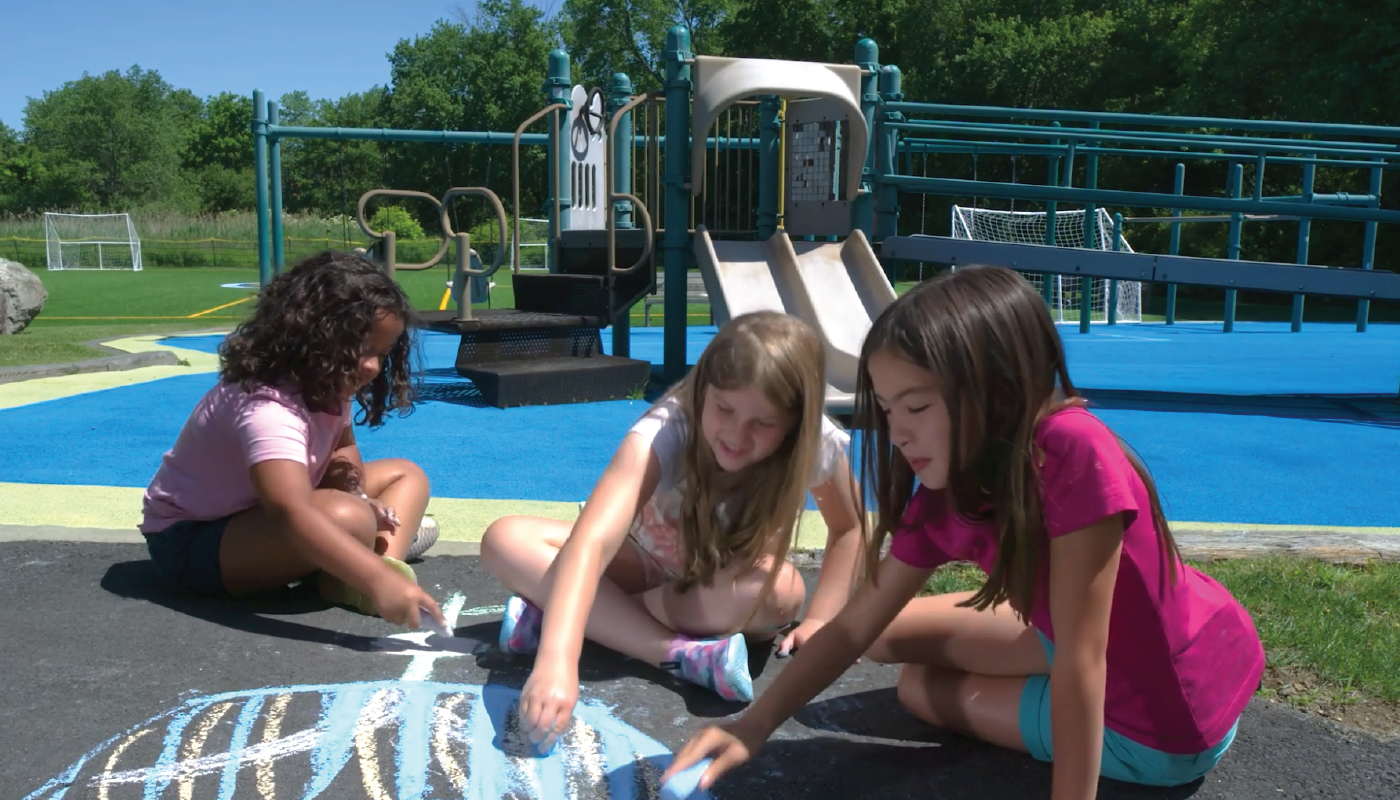Introduction
Being a social chameleon on the playground is a valuable skill for students in special education. A social chameleon adjusts their behavior and actions to match a person or group of people. This ability helps students understand how to get along and be respectful with others. By tuning in to their surroundings, reading the mood, and adjusting their actions, students can ensure everyone has fun playing together. In this blog post, we will explore an easy no-prep activity, discussion questions, and related skills to help educators teach students the art of being a social chameleon on the playground.
No-Prep Activity: Role-Playing Scenarios
This activity requires no preparation or materials from the educator. Begin by creating various scenarios that students might encounter on the playground. For example, a group of students playing a game of tag, another group quietly reading, or a student who seems upset. Then, have students take turns role-playing as the social chameleon who enters these scenarios.
As students role-play, encourage them to tune in to what is happening around them, read the mood of the other students in the scenario, and adjust their actions accordingly. For instance, if they approach a group playing tag, they should match the energy and excitement of the game. Conversely, if they approach a student who seems upset, they should demonstrate empathy and offer support. This activity helps students practice being a social chameleon in a safe and controlled environment.
Discussion Questions
- Why is it important to be a social chameleon on the playground?
- How can you tell if someone is feeling happy, upset, or any other emotion?
- What are some ways you can adjust your actions to match the mood of the people you’re playing with?
- Can you think of a time when you successfully adjusted your behavior to fit in with a group? How did it feel?
- What challenges might you face while trying to be a social chameleon? How can you overcome these challenges?
Related Skills
In addition to being a social chameleon on the playground, there are other related social-emotional skills that students can benefit from. These include:
- Active Listening: Paying attention to what others are saying and responding appropriately.
- Empathy: Understanding and sharing the feelings of others.
- Communication: Expressing thoughts and feelings effectively and respectfully.
- Problem Solving: Identifying and resolving conflicts or issues in a positive manner.
- Respect: Treating others with kindness and consideration.
Next Steps
To help your students develop their social chameleon skills and other essential social-emotional competencies, sign up for free samples of these resources and more at Everyday Speech. These materials are specifically designed to support educators working with students in special education and can be easily integrated into your existing curriculum.






